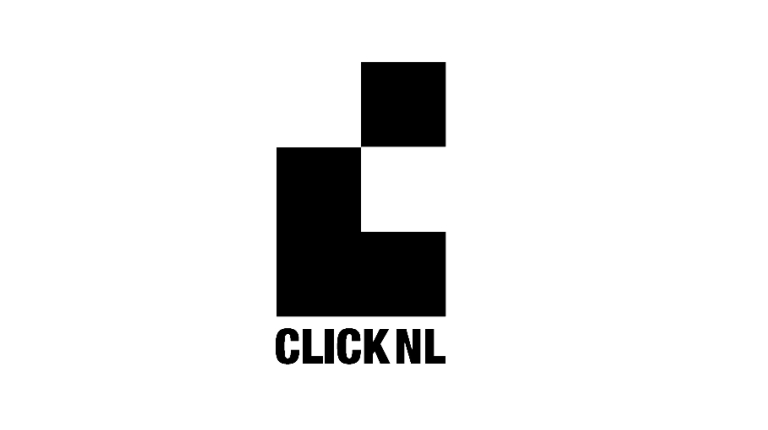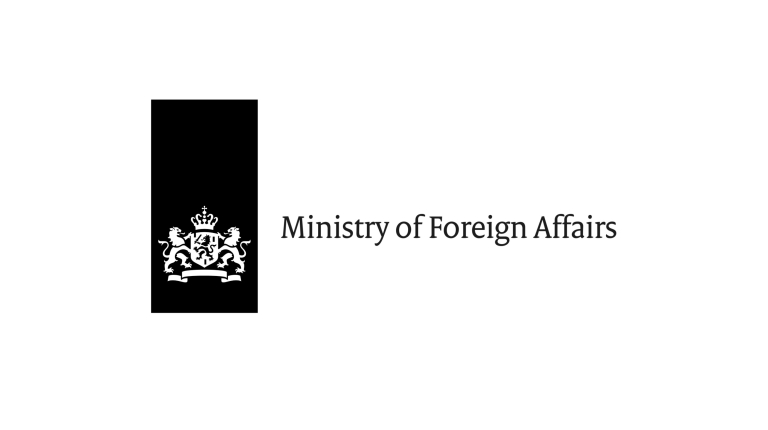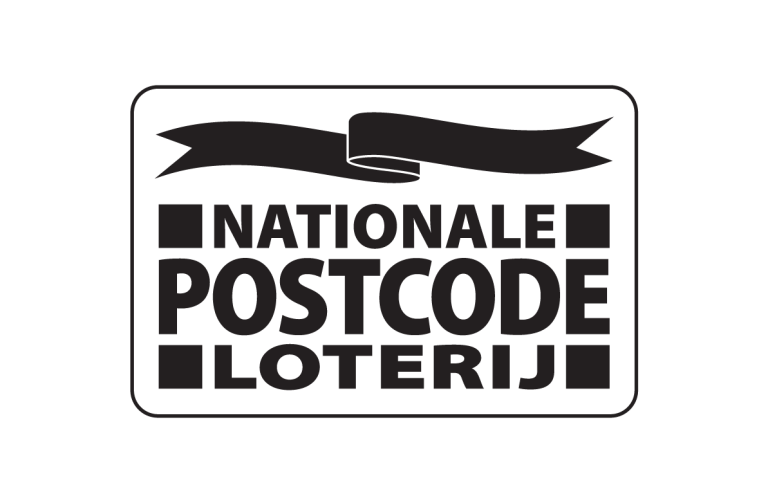Circleg
Kenya | Products
Millions of people around the world currently lack access to affordable, functional and sustainable healthcare products. In Kenya, Circleg is answering this call by producing innovative and modular lower-limb prosthetics. Circleg’s prosthetic was developed specifically for the needs of amputees and technicians in low- and middle-income countries and was co-created with their support. Among other things, this means that it is designed for repairability: its parts are easily fixed and fully customisable to each individual, using only basic tools and minimal effort. Local production further improves the maintenance and repair of used parts, saving beneficiaries both time and money. To further minimise waste, the social enterprise also collects used components to be recycled and reinserted into the supply chain.
Photo: Henry Robinson.












